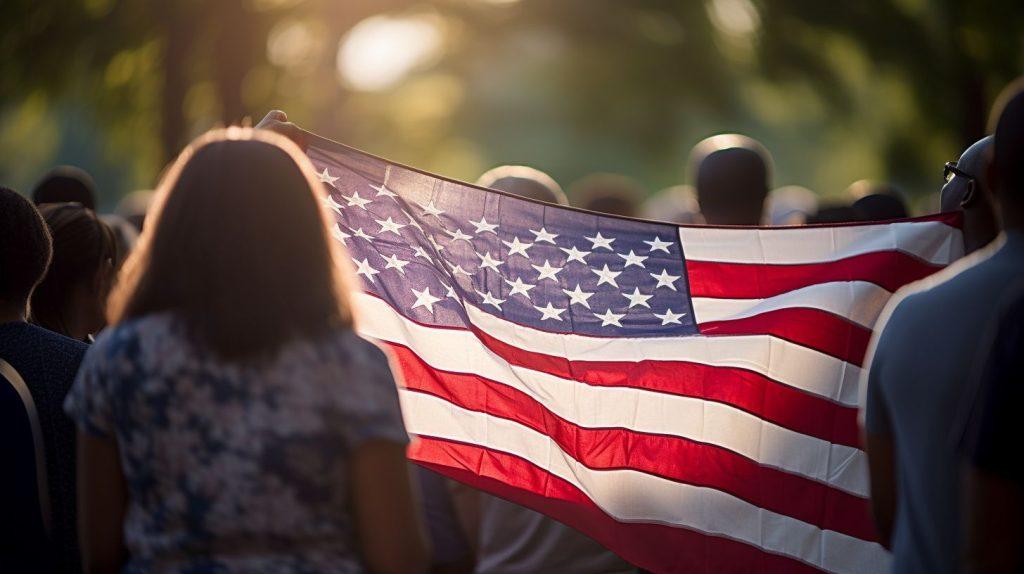Prayer
God our Father,
Giver of life,
we entrust the United States of America to Your loving
care.
You are the rock on which this nation was founded.
You alone are the true source of our cherished rights to
life,
liberty and the pursuit of happiness.
Reclaim this land for Your glory and dwell among Your
people.
Send Your Spirit to touch the hearts of our nation´s
leaders.
Open their minds to the great worth of human life
and the responsibilities that accompany human freedom.
Remind Your people that true happiness is rooted in
seeking
and doing Your will.
Through the intercession of Mary Immaculate,
Patroness of our land,
grant us the courage to reject the “culture of death.”
Lead us into a new millennium of life.
We ask this through Christ Our Lord.
Amen.
Disclaimer: This prayer is provided for Catholic devotional use based on Church tradition. For official Church teaching, consult the Catechism and magisterial documents. For personal spiritual guidance, consult your parish priest or spiritual director. Questions? Contact hello@powerfulcatholicprayers.com
Support us on PayPal or Patreon. God bless! 💖🙏

As an Amazon Associate, I earn from qualifying purchases. Thank you.
The Early Church Was the Catholic Church
The Case for Catholicism - Answers to Classic and Contemporary Protestant Objections
Meeting the Protestant Challenge: How to Answer 50 Biblical Objections to Catholic Beliefs
